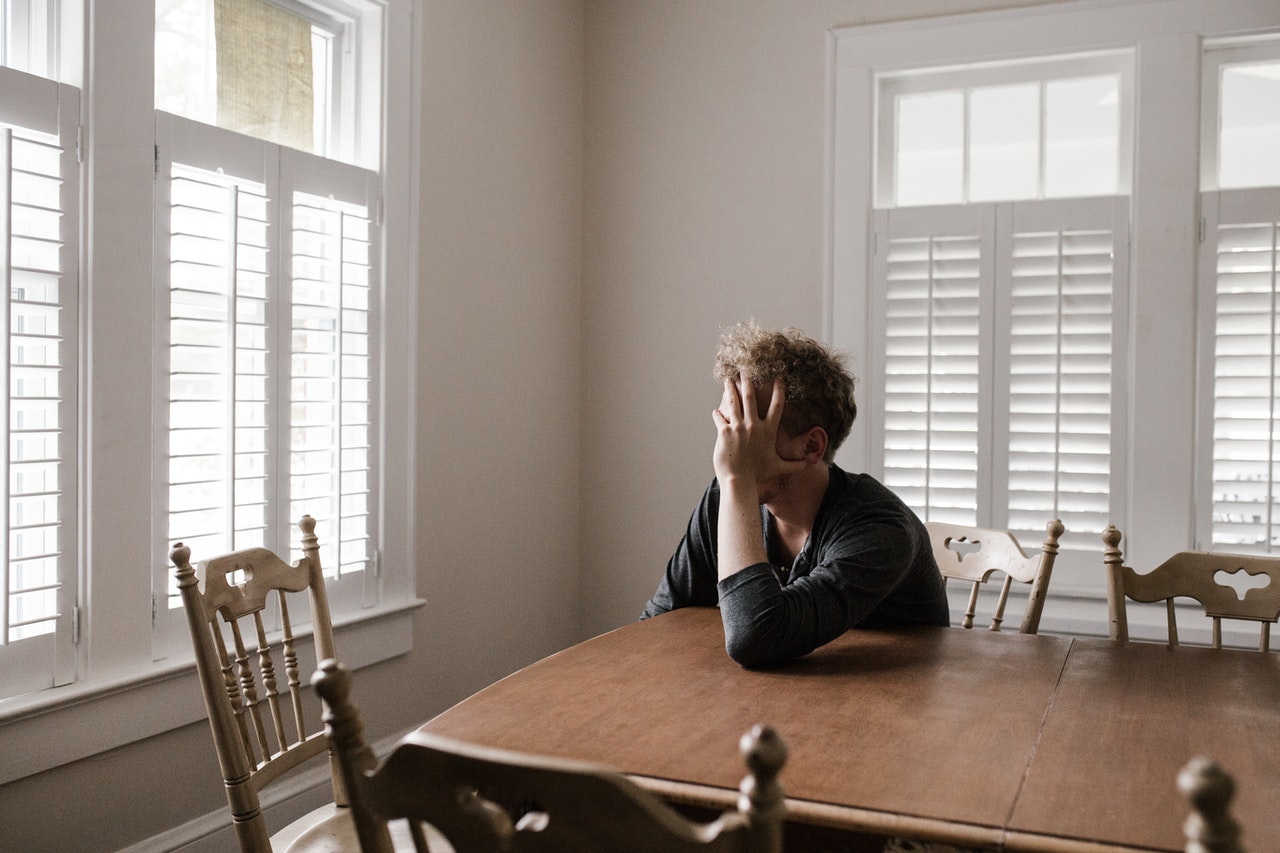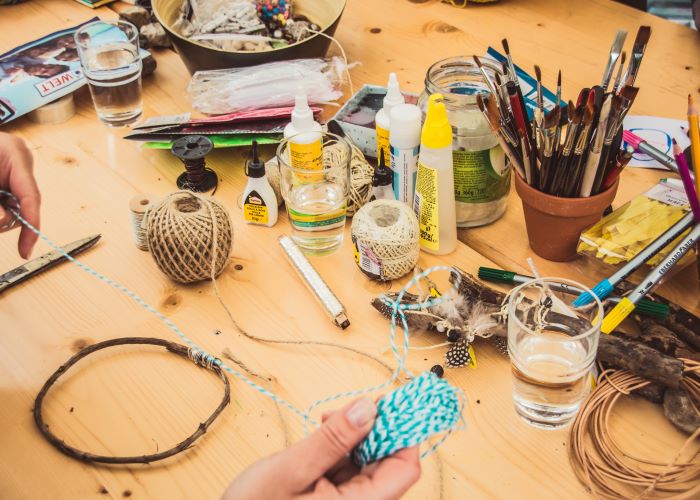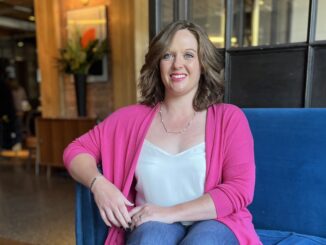
Jacqui Carrel, Rapid Transformational Therapist, considers the role that feelings play in addiction
Addictions are brain disorders characterised by compulsively engaging in a behaviour even if the consequences of the behaviour are harmful in some way. You will read that there are three main parts to addiction: the initial craving, bingeing to over-satiation or intoxication, and withdrawal. I would like to add a fourth: the driver that sets off the original craving, and we’ll see later how crucial that is.
We evolved to get ‘feel-good’ rewards for doing things that kept our species going, such as eating, sex and being part of a community; however, evolution did not reckon on the super-normal stimuli of coffee, cakes, alcohol, tobacco, shops, gambling, drugs, poverty, social isolation and the food and pharma giants! This means you can find people addicted to a huge range of things: sugar, eating, drinking, smoking, exercising, collecting, shopping, sex, working, gaming, gambling, medications, illegal drugs and more.
Addicts are often stigmatised and you’ll hear phrases like, ‘character flaw’, ‘their choice’, and ‘self-indulgent’. Sadly, addicts will often berate themselves as weak, selfish and stupid; at the same time, they may feel totally bewildered because they have no idea what is making them act like this.
There’s a common but erroneous belief that ‘addictive personalities’ exist. There is a genetic component, but whether that gets ‘switched on’ depends partly on environmental factors and a lot on what is subconsciously pushing the behaviours.
One of our reward chemicals is dopamine – even the anticipation of a treat increases the level of dopamine in the brain! This is fine; we evolved like that. However, sometimes this process goes wrong, such as when people have fewer dopamine receptors (so they need more of a stimulus to get the same hit as others). Additionally, many addictive acts and substances increase dopamine release and the increased dopamine levels become the new ‘normal’, so the pre-stimulants reward systems just don’t work anymore.
However, this still isn’t the full story. An addict may be ‘cured’ of an addiction but, if the underlying cause is not treated, they will soon turn to another addiction. To get to the root cause, we need to look deep into an addict’s subconscious to discover what purpose is solved by the addictive actions.
It’s natural for anyone to act against any feelings of helplessness or disempowerment – our brains are wired to make us move away from ‘pain’; think of when something has upset you and, to move away from that feeling, you went for a walk, had a coffee or bought a small treat, and the painful emotions passed.Sometimes that normal response becomes a habit because a person likes the repeated dopamine hit of the treat; for others, it can tip into an addiction.
This is because an addict may subconsciously feel continuously helpless, not enough, or trapped and thus powerless. These deep-rooted feelings drive fear and anger – a rage even… and the subconscious feelings are like an irresistible force that drives the addictive behaviour.
It may seem back-to-front, but the addictive act means the person is at least temporarily in control because they have made the decision to do it. In fact, the sense of relief often comes from the decision to do the act rather than the act itself.
As a society, we need to view addicts with compassion, not derision. Addiction may or may not be a disease, but if it is considered as such, it’s easier for addicts to get help both because the blame is taken away from them and because it’s easier to secure medical funding.
An addict must be ready to seek treatment and do it because they want to. However, sometimes the fear of withdrawal (the physical part of addiction) is too strong, or they may have successfully got past that bit before but reverted because the underlying cases have not been addressed.
While your support helps here, if you have an addict in your life, you will need to stop protecting them from the consequences of their actions and stop trying to fix the problem. Instead, you could have therapy to build your own resilience and boundaries, which will help in a different way.
If you do have an addiction, or even a habit you’d like to stop, look more closely at what you do and when you feel better; this will give an insight into exactly when you reversed the feeling of helplessness. For example, do you feel relief from stress when you decide to have the drink, or when you have the drink? Once you know that, you can look at what started the feeling of needing to get back in control. If you find that hard to determine, look for therapies that not only get to the root cause of the issue but also explore the beliefs around them and then update your mind with new, empowering beliefs.
About the author
Jacqui Carrel is a successful Rapid Transformational Therapist and coach who treats conditions related to weight, eating, addictions, fears and phobias. Find out more on her website: https://jacquicarrel.co.uk/help-with/



